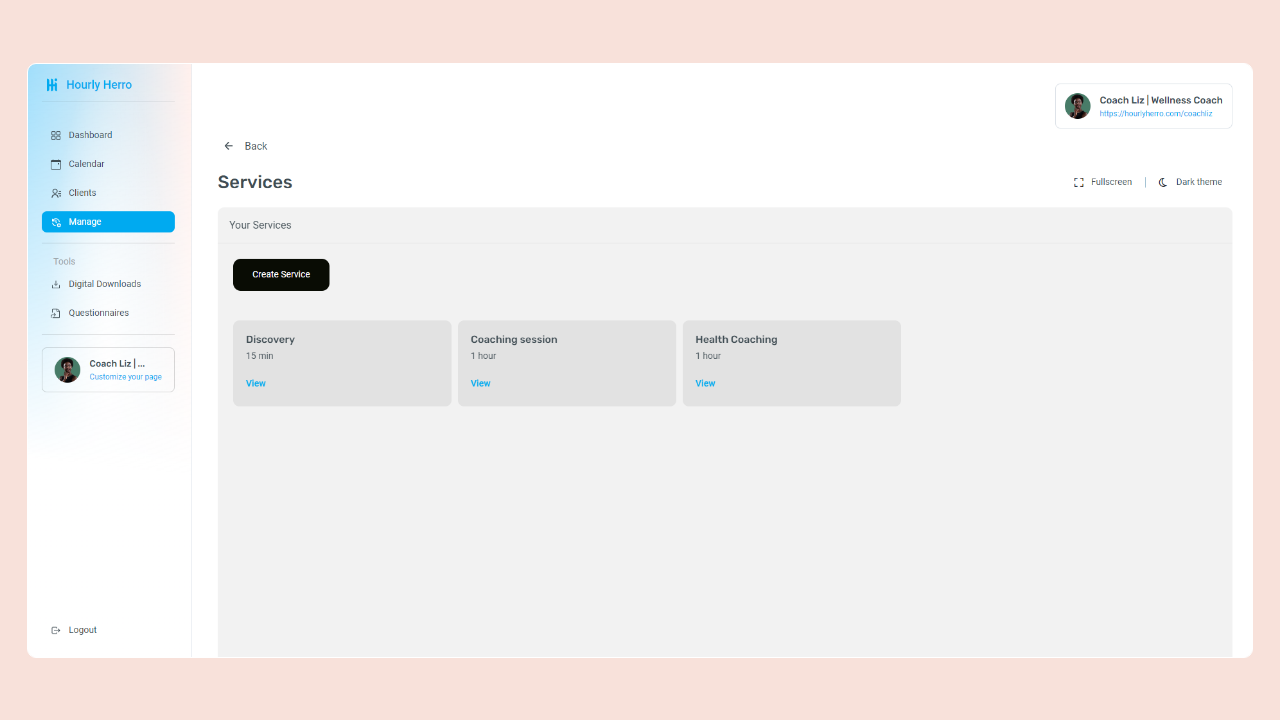
When Clients Don’t Follow Through: Keeping Clients Accountable Without Pressure
One of the challenges in Christian life coaching is helping clients stay accountable to their goals, especially when they struggle to follow through. Balancing encouragement with grace can empower clients to take action without feeling pressured or judged. Here are some strategies to create accountability that uplifts and motivates.
When clients don’t meet a goal, begin by understanding their experience without judgment. Instead of asking, “Why didn’t you do this?” try a gentler approach like, “What do you feel held you back this week?” This shows empathy and signals that you’re interested in understanding the challenges they face, creating a safe space for honest reflection.
If clients frequently fall short on action steps, it may indicate a need for a goal adjustment. Work with them to reassess their objectives, asking, “Does this goal still feel meaningful to you?” or “How might we adjust this to better fit your current situation?” Reframing goals to be more manageable or relevant can help clients regain motivation and make follow-through more achievable.
During each session, provide gentle check-ins that encourage progress while acknowledging grace. Ask open-ended questions like, “How did it feel to work on this goal?” or “What did you notice as you took steps toward this?” Such questions invite clients to reflect on their experiences without feeling scrutinized, empowering them to own their progress.
When clients lose momentum, remind them of their deeper “why.” Reconnecting them with the purpose behind their goals can reignite their passion. For example, if a client’s goal is to establish a morning devotional time, revisit the reason they initially wanted this habit, such as a desire for deeper connection with God. Reflecting on their purpose can provide fresh motivation to take action.
When clients feel overwhelmed, even small goals can seem daunting. Help them break down larger tasks into smaller, manageable steps. For instance, instead of “exercise every morning,” suggest starting with “take a 10-minute walk twice a week.” Small wins build confidence and make it easier for clients to follow through, creating momentum they can build on.
Prayer can offer encouragement and remind clients that they are not alone in their journey. If clients are comfortable, offer to pray with them about their goals, asking for wisdom, strength, and clarity. Prayer can provide clients with a renewed sense of peace and purpose, reminding them that God’s grace and strength are with them as they pursue their goals.
Lastly, remind clients that progress isn’t about perfection. Reflect on their journey with questions like, “What have you learned from this experience?” or “How can we use this to adjust our approach?” This perspective keeps the focus on growth and learning, reinforcing that each step forward—no matter how small—matters.
By using these grace-filled accountability methods, you create a supportive space that helps clients stay engaged and motivated, encouraging them to reach their goals in a way that feels empowering and uplifting.










